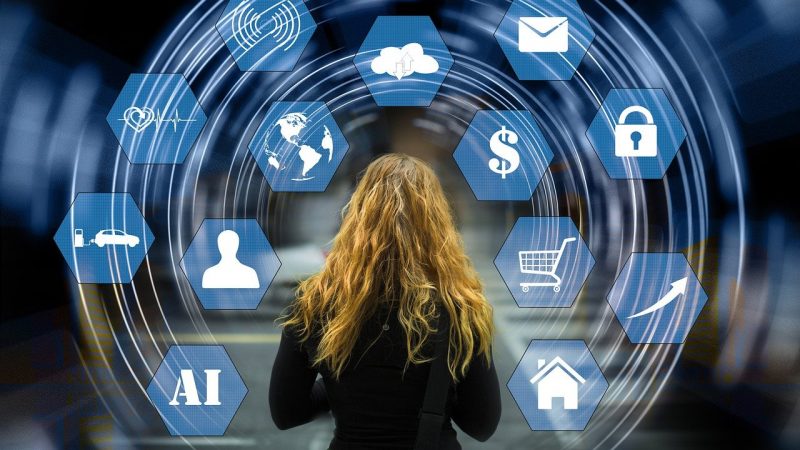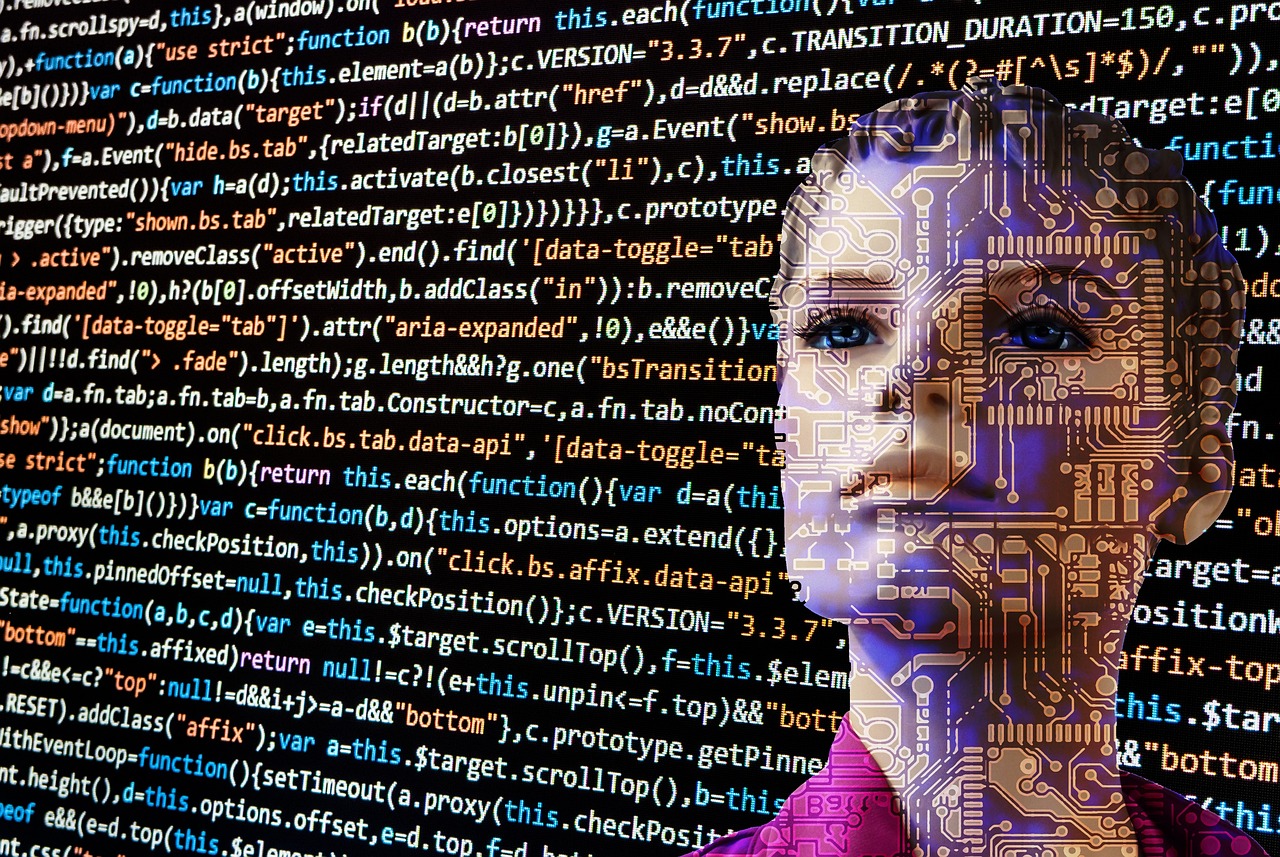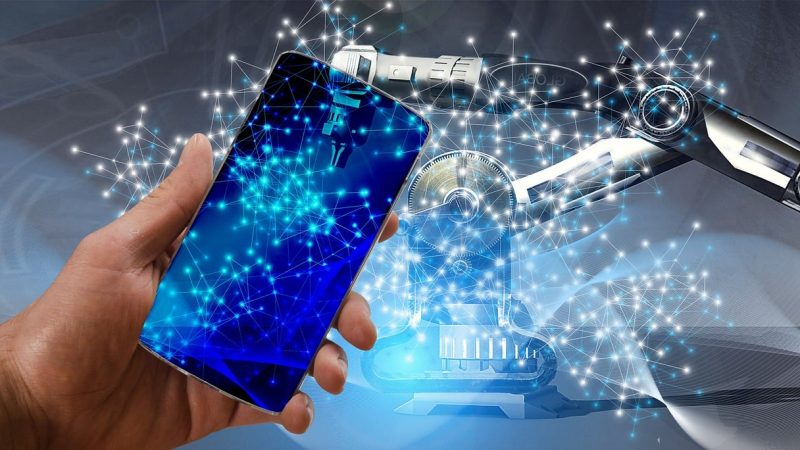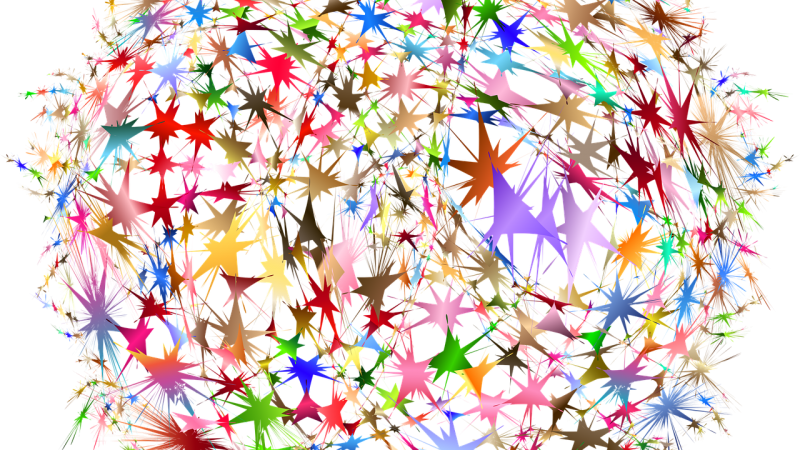The advent of advanced AI has enabled a revolutionary new technology – AI music generators that create original songs, instrumentals, and music from text descriptions. Leveraging machine learning, these futuristic apps generate musical compositions simply prompted by the user typing lyrics, genre descriptions, moods, and more.
AI music generators mark a paradigm shift in music creation, opening infinite possibilities for budding artists, businesses, content creators, and casual users alike. Powerful algorithms convert language into original melodies, harmonies, and instrumentation tailored to the desired style.
In this comprehensive guide, we dive deep on the leading platforms pushing AI music generation forward. We will compare capabilities, sound quality, customization options, and use cases across the top tools available today. Let’s explore the creative potential unleashed when AI tackles music production!
How AI Music Generators Work
Before surveying leading solutions, let’s briefly explain how AI music generators create songs algorithmically:
– Models are trained on massive datasets of music in different genres
– Algorithms “learn” the patterns of melodies, chords, rhythm, and style
– Users provide text describing the desired mood, genre, theme, etc.
– The AI generates an original composition matching the text prompts
– Users can give feedback to further refine the music
By learning musical theory and conventions, AI models can produce appropriate instrumentation and arrangements. It’s an iterative process marrying AI capabilities and human creativity.
Leading AI Music Generators
1. Amper Music
Amper Music provides an advanced commercial platform empowering users to generate royalty-free, customized music. By entering text descriptions or selecting mood themes, users can create original scores tailored to video, apps, or any need. Expert composers worked closely with Amper’s AI to ensure high quality. Customization controls like length, sections, instruments, tempo and more accommodate diverse Use cases.
Key Features:
– Commercial licensing included
– Patent-pending AI model
– Refinement controls allow customization
– Mood themes simplify prompting
– Scores exported for use in projects
– Mobile and desktop apps
Use Cases:
– Videos
– Game soundtracks
– Business background music
– Sound effects
– Apps and software
– Learning module music
2. Mubert
Mubert offers an AI music generator that creates unique background music and ambient soundscapes for personal and commercial use. Users customize compositions by specifying length, instruments, intensity, genre, mood and more via slider controls. AI algorithms generate high quality, royalty-free tunes suitable for productivity, relaxation, content creation and more. Mubert provides a versatile ambient music solution.
Key Features:
– Curated music generations
-Genre and mood-based recommendations
– Length, tempo, instrument control
– Downloadable royalty-free music
– Web and mobile apps
– Daily generated playlists
Use Cases:
– Vlogs, podcasts, videos
– Presentations and events
– Gaming ambiance
– Office and study music
– Apps and software
– Personal relaxation
3. Groovy
Groovy focuses on using AI to generate unique music tracks for content creators. After entering keywords describing desired mood, genre, instruments, tempo and more, Groovy’s models output polished songs. Users can fine tune generations by providing feedback to guide the AI. Downloads include full commercial rights. Groovy excels at crafting soundtracks tailored for social media and video projects.
Key Features:
– Music crafted for content creators
– Provide feedback to refine songs
– Download with commercial licenses
– Specify moods, genres, keywords
– library of past generations
– Available via web or iOS
Use Cases:
– YouTube, TikTok soundtracks
– Video game music
– Video advertisements
– Presentation underscores
– Podcast intros/outros
– On-hold business music
4. Popgun Arthur
Popgun’s Arthur platform takes a conversational approach to AI music generation. Users describe the type of music they want and Arthur asks clarifying questions. The iterative process results in original compositions tailored to creative needs. Besides generating full tracks, Arthur can create 60-second samples to inspire exploratory creation. Royalty-free downloads are enabled. Arthur delivers a guided AI music experience.
Key Features:
– Conversational prompting
– Interactively refines suggestions
– 60-second samples to spark ideas
– Download full-length tracks royalty-free
– Currently free beta access
– Web and Discord access
Use Cases:
– Video game soundtracks
– Vlogs and video backgrounds
– Indie film scores
– Business promo music
– Apps and software
– Songwriter inspiration
5. Aiva
Aiva offers an AI composing assistant to enhance music creators’ workflows. By analyzing desired length, style, mood and instruments, Aiva generates original melodies and harmonies aligned to prompts. Users can then adapt ideas directly into their own compositions. Aiva accelerates finding creative inspiration and direction. The web-based tool integrates with production software like Logic Pro.
Key Features:
– Melody and harmony generation
– Style imitation engine
– Length, key, tempo controls
– Exports MIDI files
– Integrates with DAWs
– Web app access
Use Cases:
– Songwriting inspiration
– Soundtrack ideation
– Practice exercises for students
– Remix foundations
– Mobile game soundbeds
– Production collaboration
Key Takeaways
– AI music generation tools allow anyone to create royalty-free original music simply by describing desired genres, moods, instruments, tempo and more.
– Leading solutions like Amper, Mubert, and Groovy enable both amateur and professional creators to easily produce customized soundtracks.
– AI models are trained on large datasets of music to “learn” musical theory, composition conventions, and instruments.
– Users guide music generation by providing text prompts and giving feedback on initial AI compositions.
– Use cases span video production, gameplay ambiance, business background music, mobile apps, personalized relaxation, and songwriting inspiration.
– Proprietary algorithms, patent-pending technologies, and computational creativity research all drive advances in AI music.
Conclusion
AI music generators represent an audacious new frontier – the ability to automate music composition entirely through machine learning algorithms. But rather than replacing human creativity, the most promising platforms empower users to become AI-enhanced composers and explore new musical possibilities unlocked by technology.
Already capable of producing quality instrumentation across a wide breadth of genres and moods, AI music models continue rapidly evolving. As the technology matures, we inch closer to a future where personalized soundtracks for work, leisure, or artistic passion can be summoned on demand. A future where language alone fuels beautiful new melodies.








